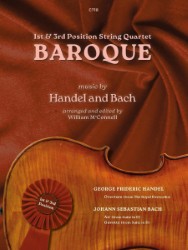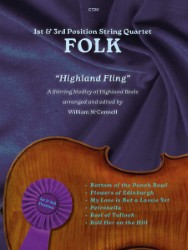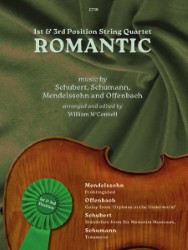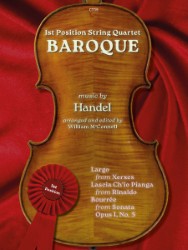Mason: Tuvan Songbook (Parts)
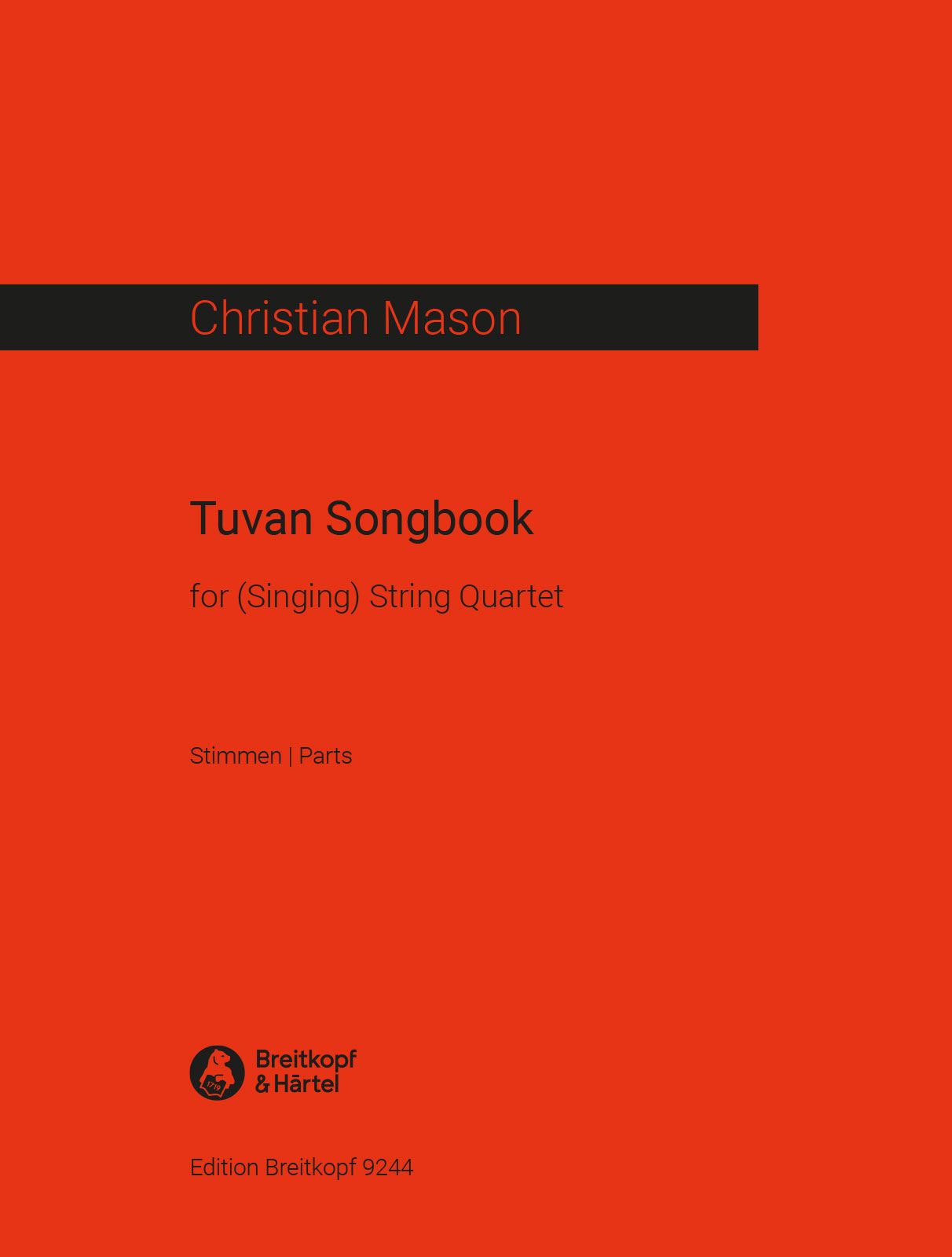
Composer: Mason, Christian
Instrumentation: 2 Violins, Viola and Cello
Format: Parts
Publisher Breitkopf and Hartel
It was the practice of Khöömii (throat singing) – following several workshops with Michael Ormiston – that first attracted me to Tuvan music. Composing this…
Digital Download – PDF
Shipping costs: No shipping
R.R.P £72.00
Our Price: £61.20

